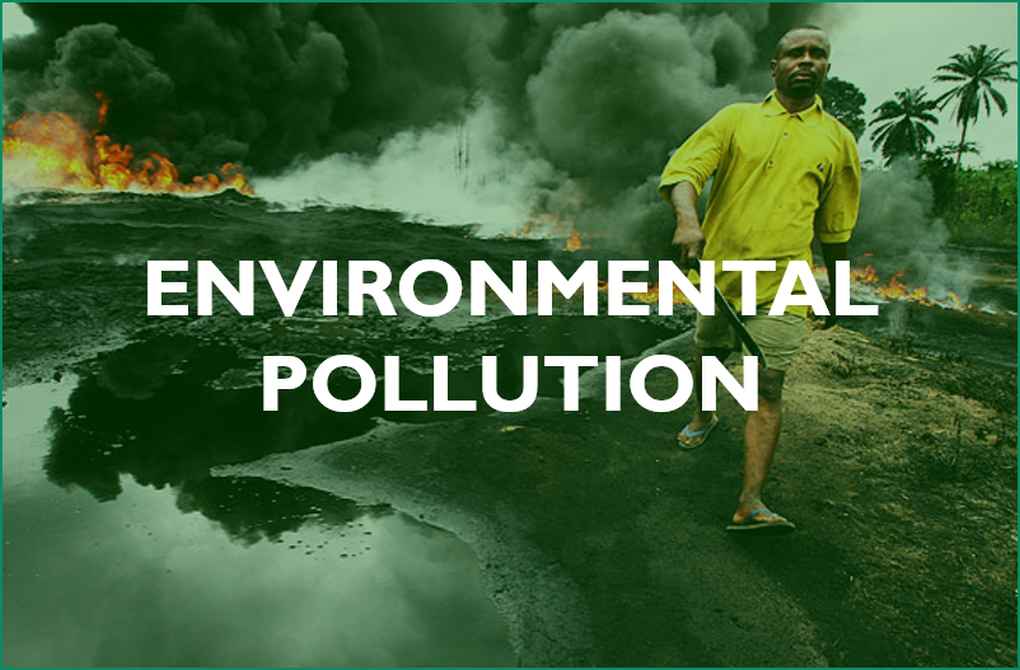Nigeria is currently faced with many environmental problems such as climate change, deforestation, urbanization, desertification, erosion, overpopulation, oil pollution and all kinds of pollution.
Climate change is a global crisis which will affect every country on earth, though some countries are going to feel its influence sooner than others. One of those such countries is Nigeria. The country’s climate vulnerability is especially concerning since Nigeria has the largest population in Africa, and the capital, Lagos, is one of the biggest cities on the continent.
There is non-involvement of sub-national governments on the ground in climate-related initiatives like off-grid solar and wind farm, irrigation, afforestation, and reforestation, ecological restoration.
The lessons of resource conflicts, environmental degradation and massive pollution from oil and gas have not been deployed to shape the national development plans and programs.
Oil pollution has depleted the fishing and water resources that people have traditionally depended on for their livelihoods. This has led to a complex pattern of conflicts in the region since the late 1990s.

